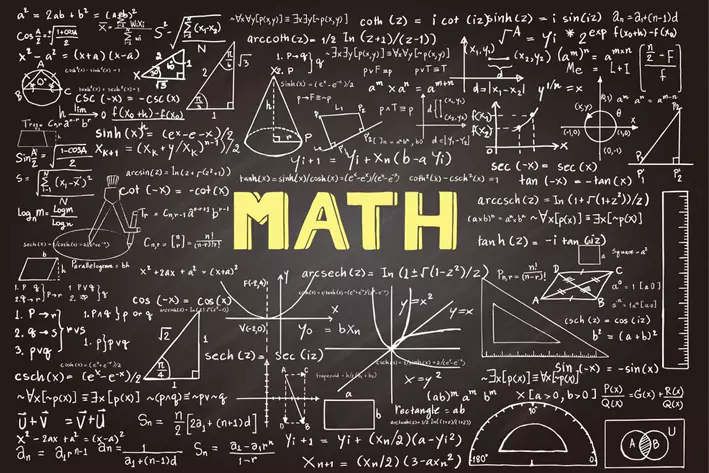Course Information
Course Description
The Foundation Mathematics course is meticulously crafted to enrich learners' comprehension, skills, and confidence in various facets of mathematics. This comprehensive course aims to provide a solid grounding in foundational mathematical concepts, nurturing not only competence but also enthusiasm for the subject.
COURSE OBJECTIVES
The objectives of the course are as follows:
- Cultivate learners' mathematical proficiency and enjoyment, instilling confidence in their abilities.
- Promote a deep understanding of fundamental mathematical principles, fostering appreciation for the logical and cohesive nature of mathematics.
- Equip learners with a diverse array of mathematical skills applicable to everyday scenarios and cross-disciplinary contexts.
- Develop problem-solving capabilities by honing logical analysis and selecting appropriate mathematical methodologies.
- Enhance communication skills, with a particular emphasis on clear and precise mathematical communication.
- Provide a robust mathematical foundation to facilitate further studies in mathematics or related disciplines.
COURSE OUTLINE
The course is structured around three core components:
- Pure Mathematics
- Mechanics
- Probability & Statistics
STUDENT ACQUISITIONS
Upon successful completion of the course, learners will:
- Demonstrate a profound understanding of mathematical concepts and proficiency in applying mathematical skills.
- Exhibit independent and logical thinking in approaching mathematical problems.
- Apply mathematical principles adeptly to both familiar and novel situations.
- Effectively evaluate sources of information and present well-structured and coherent arguments.
- Exercise sound judgement, make informed recommendations, and deliberate decisions based on reasoned explanations.
- Communicate mathematical reasoning clearly and concisely, comprehending the implications of their explanations.
- Operate proficiently in English, both in mathematical contexts and general communication.
LEARNING METHODOLOGIES
The course employs various effective learning methodologies, including:
- Engaging with mathematical information through practical exercises and real-world examples.
- Developing logical and independent thinking through problem-solving tasks and analytical challenges.
- Emphasizing precision and accuracy in mathematical calculations and representations.
- Applying mathematical models to tangible scenarios, enhancing understanding and relevance.
- Analyzing results critically and reflecting on their significance and potential applications.
- Transferring acquired mathematical skills to other academic subjects and future endeavors.
- Equipping learners with the necessary mathematical competencies for higher education pursuits and employment opportunities.





